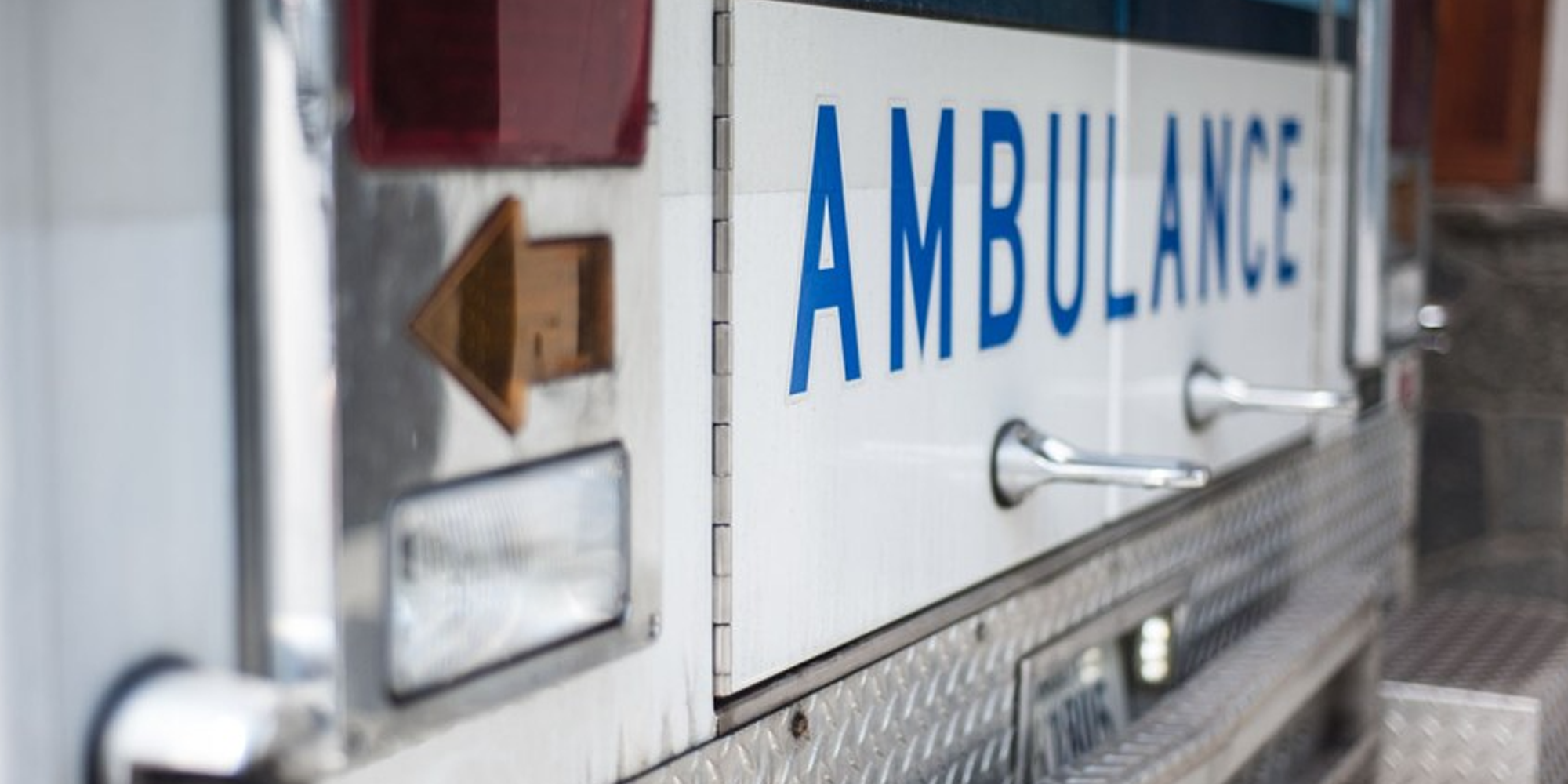Analysis of Inhumane Conditions at Marion Correctional Treatment Center and the Death of Charles Givens
In Richmond, Virginia, a troubling investigation has revealed inhumane conditions at the Marion Correctional Treatment Center, leading to serious health concerns among inmates. The Associated Press (AP) has obtained video and documents shedding light on these issues, including the case of Charles Givens, a developmentally disabled inmate who repeatedly suffered from hypothermia before his death in 2022. Givens’ sister has since filed a federal lawsuit, alleging routine mistreatment and “cold-water torture.”
Key Findings:
Hypothermia Cases:
- Charles Givens, along with other inmates, was repeatedly hospitalized for hypothermia.
- The Virginia State Police investigator expressed confusion over inmates contracting hypothermia in a supposedly controlled prison environment.
- Inmates at Marion Correctional Treatment Center were hospitalized for hypothermia at least 13 times over three years during cold months.
Conditions in the Prison:
- Testimonies and records indicate that parts of the prison had no functional heating, leading to indoor temperatures as low as 40°F (4.4°C) or even the high 30s (3.3°C).
- There were reports of officers opening exterior windows as a form of punishment, exacerbating the cold conditions.
- Ice reportedly formed in toilet water, highlighting the extreme cold inmates endured.
Medical Concerns:
- Medical providers within the prison expressed concerns about the cold temperatures, particularly for inmates on anti-psychotic medications, which can increase susceptibility to hypothermia.
- External medical experts stated that the high number of hypothermia cases was unusual and indicative of severe environmental issues.
Legal and Administrative Response:
- A special grand jury described the prison conditions as “inhumane and deplorable” but did not find sufficient evidence to indict anyone for Givens’ death.
- The Virginia Department of Corrections and the attorney general’s office have withheld documents related to Givens’ death and cold temperature complaints.
- Despite attempts by the attorney general’s office to limit the scope of the civil lawsuit, a magistrate judge allowed further discovery into the hypothermia issues.
Background on Charles Givens:
- Givens was serving a sentence for a 2010 fatal shooting. He had a traumatic brain injury from childhood, resulting in limited intellectual and emotional development.
- Givens also suffered from Crohn’s disease, which caused him to sometimes defecate on himself, allegedly making him a target for abuse in the prison.
Current Legal Proceedings:
- The civil lawsuit filed by Givens’ sister, Kym Hobbs, against the Virginia Department of Corrections and specific officers, is ongoing.
- The FBI is reportedly investigating Givens’ death.
- The civil trial is set for January.
Systemic Issues in Prisons:
The mistreatment observed at Marion Correctional Treatment Center is not an isolated incident but reflects broader systemic issues within the prison system. These issues can include:
Inadequate Heating and Cooling Systems:
- Many older prison facilities lack modern HVAC systems, leading to extreme temperatures that can be harmful to inmates’ health.
Poor Medical Care:
- Inmates often receive substandard medical care, with insufficient attention to chronic conditions and the side effects of medications.
Punitive Practices:
- Guards may use harsh conditions, such as opening windows in winter, as a form of punishment.
Overcrowding:
- Overcrowded prisons strain resources and exacerbate problems like inadequate heating and medical care.
Lack of Oversight and Accountability:
- Insufficient oversight allows mistreatment and neglect to go unchecked.
Possible Solutions:
Modernize Prison Facilities:
- Upgrade HVAC systems and ensure proper insulation to maintain safe temperatures year-round.
Improve Medical Care:
- Increase funding for prison healthcare and ensure regular health checks for inmates, particularly those on medications with serious side effects.
Implement Staff Training:
- Train prison staff to recognize and address the medical needs of inmates and to treat all inmates humanely.
Increase Transparency and Accountability:
- Establish independent oversight committees to regularly inspect prisons and address inmate complaints promptly.
Limit Overcrowding:
- Implement policies to reduce prison populations, such as alternative sentencing for non-violent offenders and parole reforms.
Legislate Protective Measures:
- Enact laws that set minimum standards for prison conditions, including temperature controls and medical care requirements.
Encourage Whistleblowing:
- Protect and incentivize staff and inmates who report mistreatment and poor conditions.
The case of Charles Givens highlights significant issues within the Virginia prison system, particularly regarding the treatment of vulnerable inmates. The cold and harsh conditions at the Marion Correctional Treatment Center, coupled with allegations of mistreatment, underscore the need for comprehensive oversight and improvements in inmate care and facility management. Addressing these systemic issues requires a multi-faceted approach, including facility upgrades, better medical care, staff training, and enhanced oversight to ensure humane treatment for all inmates.
![]()













